The European Council announced that a conditional consensus was reached in the negotiations on the Border Carbon Regulation Mechanism (CBAM) between the member states and the European Parliament (EP) negotiators.
Accordingly, under the EU Emissions Trading System (ETS), a mechanism will be established to equalize the carbon price paid for EU products with the carbon price paid for imported goods.
With this mechanism, companies importing into the EU will be required to purchase CBAM certificates to pay the difference between the carbon price paid in their country of manufacture and the carbon price in the EU.
The new app will encourage non-EU countries to raise their climate targets. Only countries with the same climate target as the EU will be able to export to the EU without obtaining CBAM certificates.
The new rules will prevent production from shifting from the EU to countries with milder climate and environmental policies. CBAM, which will be the first law on this subject, will be designed to be fully compliant with World Trade Organization (WTO) rules.
CBAM will be effective from October 1, 2023
In this framework, a limited transitional period will be applied, which includes the importer's reporting of its obligations. The end date of the transition process will be clarified in future negotiations.
CBAM will cover similar iron or steel products such as screws and bolts, along with iron, steel, cement, aluminum, fertilizer, electricity and hydrogen.
The permits of companies in these sectors, which receive free limits on greenhouse gas emissions within the scope of the EU's emissions trading system, will also be phased out.
The CBAM arrangement will be formally adopted after other relevant issues are resolved.
For the regulation to come into force, it must be officially approved by EU countries and the EP.
With the Border Carbon Regulation Mechanism, the EU aims to monitor and reduce imports of goods with a high carbon footprint from countries that do not have a carbon pricing system.


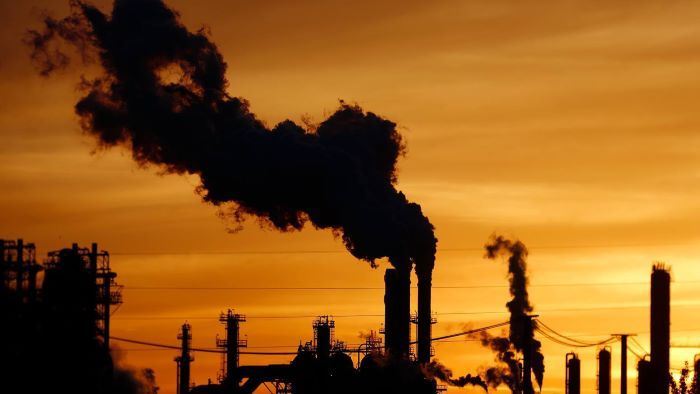
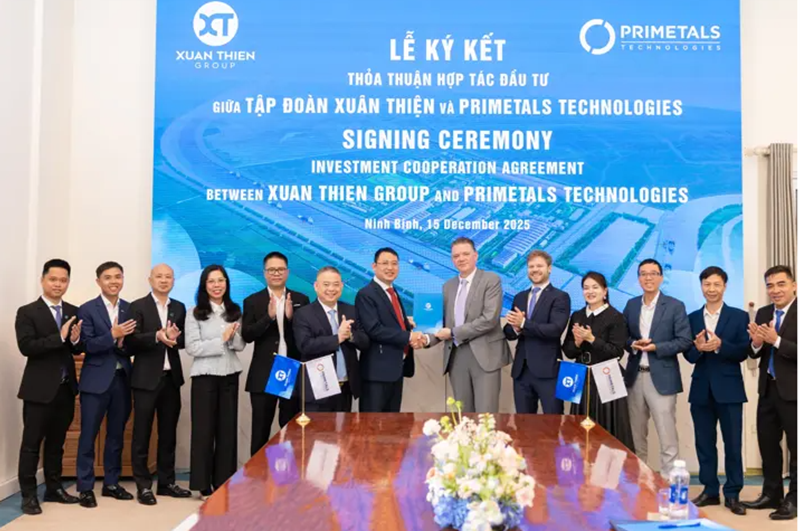

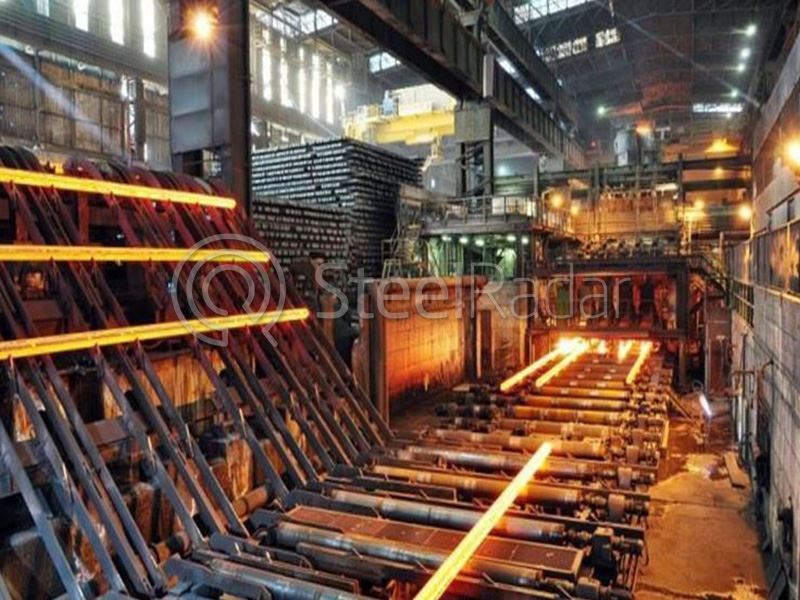
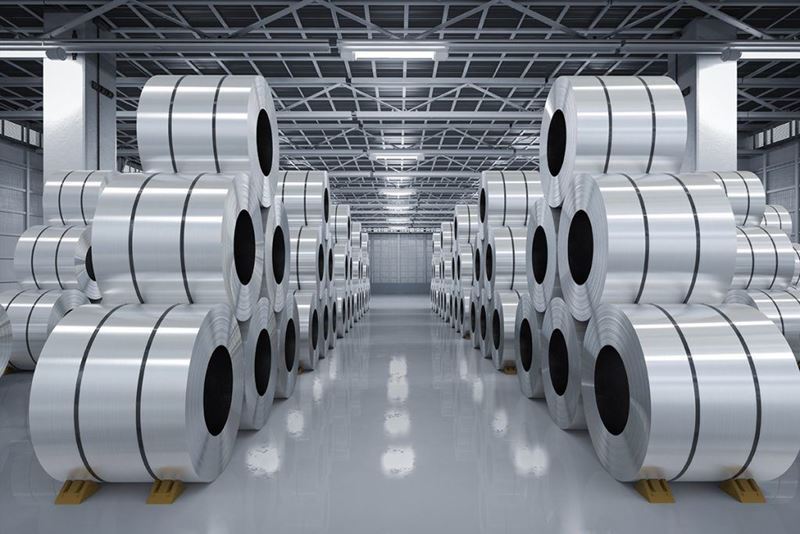
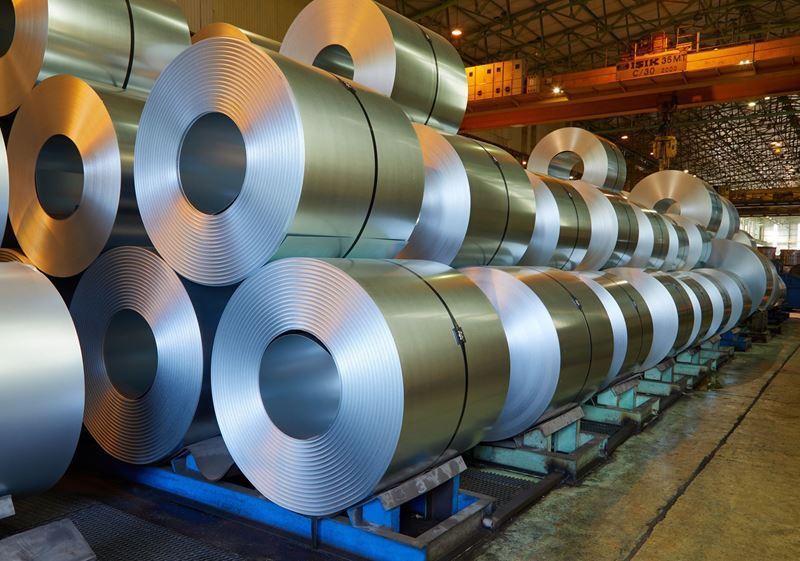

Comments
No comment yet.